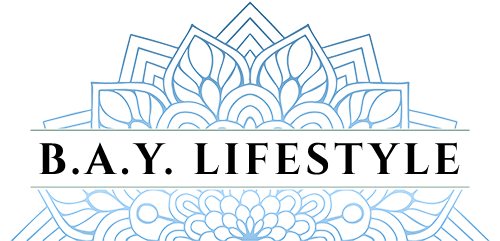Ayurveda, an ancient system of medicine and holistic healing, has its roots in the Indian subcontinent and is one of the world’s oldest healthcare systems. Its name, derived from Sanskrit, where ‘Ayur’ means life and ‘Veda’ means knowledge or science, aptly defines it as the ‘Science of Life.’ More than just a system for treating illness, Ayurveda offers a comprehensive philosophy for living a balanced and harmonious life. Understanding the basics of Ayurveda, its history, and philosophy can offer profound insights into our own health and well-being, guiding us on a path of self-healing and self-discovery.
The History and Philosophy of Ayurveda
Ayurveda’s origins can be traced back to the Vedic period in ancient India, over 5,000 years ago. It was systematized from oral traditions and laid down in texts such as the Charaka Samhita, Sushruta Samhita, and the Ashtanga Hridaya. These texts not only encompass the medical knowledge of the time but also a holistic philosophy of life, health, and healing.
Central to Ayurveda’s philosophy is the concept of balance. It posits that health is a state of harmony between the body, mind, and spirit, as well as a balanced interaction with the environment. This balance is governed by three fundamental bio-energies or ‘Doshas’: Vata (air & space – movement), Pitta (fire & water – metabolism), and Kapha (water & earth – structure). Each individual has a unique constitution or ‘Prakriti,’ determined by the dominance of one or more of these Doshas. Understanding one’s Prakriti is key to understanding how to maintain balance and health.
Ayurveda teaches that imbalances in the Doshas are the root cause of illness and that health can be restored by correcting these imbalances. This is achieved through a holistic approach that includes diet, herbal remedies, exercise, lifestyle adjustments, and mind-body practices such as yoga and meditation.
Understanding Ourselves through Ayurveda
One of Ayurveda’s most powerful tools is its capacity to provide a deep understanding of our individual nature and health tendencies. By understanding our unique Prakriti and how our Doshas interact, we can make more informed choices about our diet, lifestyle, and the type of treatments that will be most effective for us.
For instance, a person with a dominant Vata Dosha might be prone to dry skin, anxiety, and digestive issues, and may benefit from a grounding, nourishing routine, a diet that includes warm, cooked foods, and calming activities such as yoga and meditation. A Pitta-dominant individual, on the other hand, might be prone to inflammation, anger, and competitiveness, and find balance through cooling activities and foods, and practices that encourage patience and compassion.
Healing Ourselves with Ayurveda
Ayurveda offers a wide array of healing practices that can be incorporated into our daily lives. These include:
1. Dietary Adjustments: Ayurveda emphasizes the importance of a balanced diet tailored to one’s Dosha. It involves not only the choice of food but also the timing, combination, and method of preparation.
2. Herbal Remedies: Ayurveda uses a vast range of plants and minerals to create remedies that balance the Doshas and promote healing. These are prescribed based on an individual’s specific needs and constitution.
3. Detoxification and Cleansing: Practices such as ‘Panchakarma’ involve a series of cleansing and rejuvenation treatments designed to detoxify the body and restore balance.
4. Mind-Body Practices: Yoga, meditation, and pranayama (breathing exercises) are used to calm the mind, strengthen the body, and reduce stress, complementing the physical treatments and dietary adjustments.
Ayurveda offers a rich, holistic approach to understanding and nurturing our health. Its principles, deeply rooted in the knowledge of life and the universe, provide a comprehensive framework for maintaining balance and well-being. By embracing Ayurveda’s wisdom, we can embark on a journey of self-discovery and healing, learning to live in harmony with our nature and the world around us. As we incorporate Ayurvedic practices into our lives, we not only heal ourselves but also deepen our connection with the age-old wisdom of life and health.

